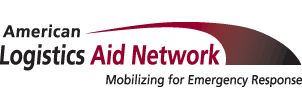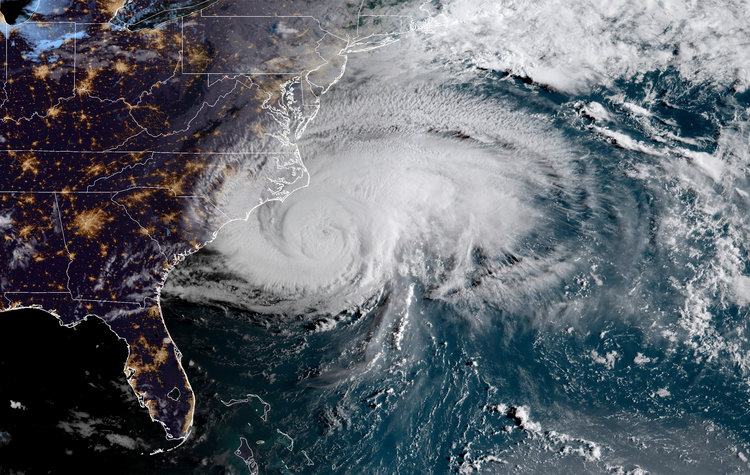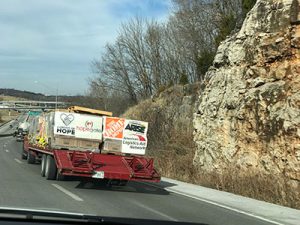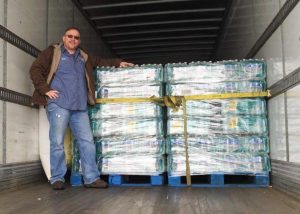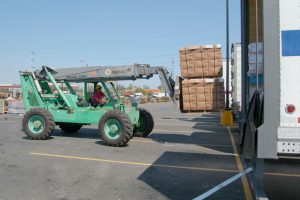Ordinarily, I am a glass-half-full kind of person. But when I look at what’s happened to the residents of the Florida Panhandle this past week, I find myself at a loss.
The images of Hurricane Michael’s debris and devastation are heartbreaking, especially when they are combined with what we have already been seeing come out of the Carolinas as a result of Hurricane Florence. And there is no sugar-coating how long and difficult the path to recovery will be. In fact, there’s so much to do that it’s difficult to know where to start.
Thankfully there are several great minds who can point us in the right direction, including St. Francis of Assisi who reportedly once advised, “Start by doing what’s necessary, then by doing what’s possible. . . ”
Here at ALAN, those words make a lot of sense to us.
If you look at our hurricane micro-site right now, you’ll find nearly two dozen tangible examples of “what’s necessary” in the form of the requests we’ve posted for donated logistics assistance under “Michael Logistics Needs” and “Florence Logistics Needs.” I hope that you will consider fulfilling one of them yourself – or that you will pass them along to any of your members, colleagues or co-workers who might willing to help.
We also have a keen sense of “what’s possible,” because, after 13 years of providing disaster relief, we know that when the right people work together to address a challenge efficiently and collaboratively, amazing things can happen. That’s why, throughout this past week, we have been actively engaging with FEMA, humanitarian relief organizations, and members of the private supply chain sector in an effort to support swifter supply chain recovery for the Florida Panhandle. We firmly believe that this kind of integration is one of the single most important functions we can provide, and we are hugely proud of the many productive relief activities our efforts have enabled.
Perhaps most important of all, we understand just how fortunate we are to be part of an industry that can play such a meaningful role in delivering help and hope.
While supply chain and logistics professionals may not have the medical skills of a first responder or the construction expertise of a rebuilding crew, there’s a lot that our trucks, warehouses, material handling equipment, expertise, hands, and funding can do to pave the way for meaningful relief and recovery efforts. Just as encouraging, there are a lot of wonderful people like you who have repeatedly demonstrated that you’re willing to step up and provide those tangibles when needed. In fact, I look forward to sharing a few stories about this with you very soon.
In closing, allow me to circle back to the quote I used at the beginning because there’s one part I left out: “Start by doing what’s necessary, then by doing what’s possible; and suddenly you are doing the impossible.”
Things may indeed look like an impossible-to-solve mess right now. But with folks like you in our corner, I know that recovery and resilience will happen. Thank you for being one of the best and brightest parts of my job. My glass wouldn’t be nearly as full without you.
